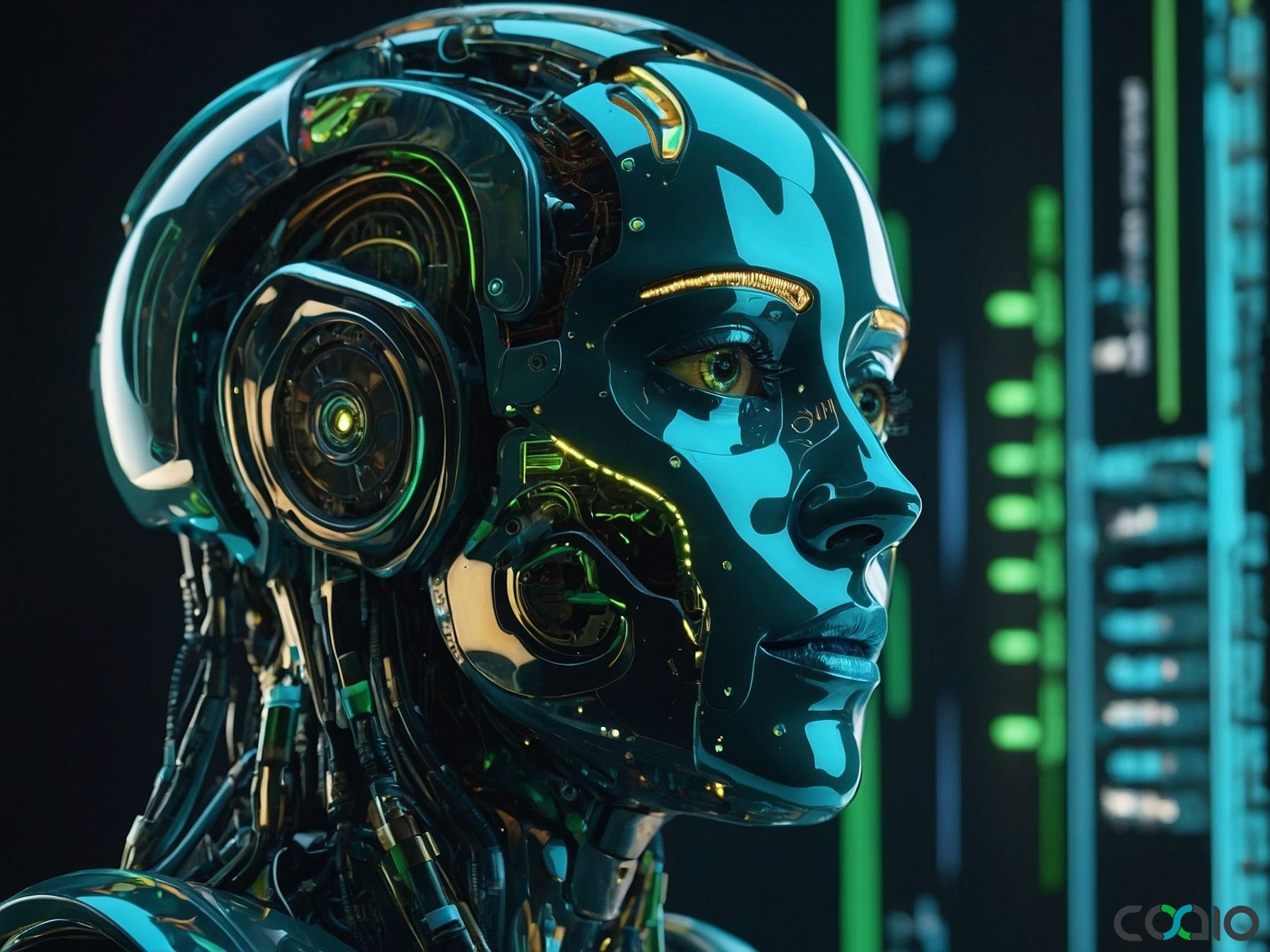
Revolutionizing Software Development: AI Innovations and Industry Challenges in 2025
As we dive into the latest developments in software development on August 30, 2025, the tech world is buzzing with advancements that promise to streamline processes, enhance efficiency, and address longstanding challenges. From AI-powered tools revolutionizing code creation to shifts in corporate partnerships and consumer rights, this roundup highlights key stories that could reshape how developers work. These updates not only showcase cutting-edge innovations but also underscore the need for strategic outsourcing to manage complexity in an ever-evolving landscape.
AI-Driven Tools Transforming Development Workflows
The integration of artificial intelligence into development environments is accelerating at an unprecedented pace, with major players like Microsoft pushing the boundaries of what’s possible. In a recent update, Microsoft released the August edition for Visual Studio 2022, packing in features that leverage AI to assist developers more intelligently. According to reports from SD Times, this update includes the seamless integration of GPT-5 into the IDE, allowing for advanced code suggestions, automated refactoring, and even real-time error debugging Read more. Additionally, support for MCP (Microsoft’s authentication protocol) is now generally available, enabling one-click installations and direct OAuth integrations from within the editor. This means developers can authenticate with various providers without leaving their workflow, saving valuable time on routine tasks.
This move by Microsoft highlights a broader trend where AI is not just an add-on but a core component of software development. For instance, developers can now generate code snippets based on natural language inputs, which could drastically reduce the learning curve for newcomers and boost productivity for seasoned professionals. The implications are vast: teams can iterate faster, reduce bugs, and bring products to market more quickly. However, this also raises questions about dependency on proprietary AI models and the potential for over-reliance on automated tools, which might overlook nuanced business requirements.
In a similar vein, Google’s recent announcement about integrating Gemini CLI into the open-source code editor Zed is another game-changer. As detailed by SD Times, this integration allows users to generate, refactor, and debug code directly within the editor, with live chat capabilities for instant answers on errors or concepts Read more. Developers can now interact with AI in a terminal-like environment, making it easier to handle complex tasks without switching applications. This development is particularly exciting for open-source communities, where accessibility and collaboration are key.
These AI enhancements are transforming how software is built, but they also emphasize the importance of robust project management and risk assessment to ensure that innovations align with business goals. In an industry where speed is critical, tools like these can help mitigate delays, but they require careful integration to avoid security pitfalls or compatibility issues.
Empowering Teams with Self-Service Analytics
Beyond core development tools, companies are focusing on empowering non-technical teams to contribute to software initiatives. Amplitude, a leader in product analytics, has launched new self-service capabilities designed to let marketing and growth teams run user experiments independently. According to SD Times, this update addresses a common pain point: the bottleneck caused by waiting on development teams for A/B testing or feature trials Read more. With features like visual editors that don’t break on complex setups, marketers can now test ideas in real-time, tracking clicks and conversions without delays.
This shift is crucial in today’s data-driven environment, where rapid experimentation can make or break a product’s success. By democratizing access to analytics tools, Amplitude is helping organizations foster a more collaborative culture. For software development firms, this means less time spent on internal requests and more focus on innovation. However, it also underscores the need for seamless integration between marketing tools and development pipelines, ensuring that experiments align with overall software architecture.
Challenges in AI Partnerships and Digital Rights
Not all news in software development is about new features; some stories highlight the cracks in the ecosystem. For example, Meta’s high-profile partnership with Scale AI is showing signs of strain just two months after a massive $14.3 billion investment. TechCrunch reports that Meta is increasingly turning to competitors for training its next-generation AI models, potentially due to inefficiencies or strategic mismatches Read more. This development raises concerns about the stability of AI supply chains and the risks involved in large-scale investments.
Such partnerships are vital for scaling AI capabilities, but they also expose vulnerabilities like dependency on external providers and the challenges of data privacy. In the broader context, this could lead to a reevaluation of how companies source AI expertise, possibly leaning towards more diversified or in-house strategies.
On a different front, the ongoing battle over digital content labeling is gaining momentum. Ars Technica covers a legal fight against platforms that misleadingly label long-term streaming rentals as “purchases.” A new law is empowering consumers and regulators to challenge these practices, particularly with services like Prime Video Read more. This issue intersects with software development by highlighting the need for transparent user interfaces and ethical coding practices in digital marketplaces.
These stories collectively illustrate the multifaceted nature of software development in 2025. From AI integrations that enhance efficiency to legal and partnership hurdles that demand strategic foresight, developers must navigate a complex landscape. The rapid pace of innovation requires not only technical prowess but also a keen eye for business risks and opportunities.
As we wrap up this exploration of today’s tech news, it’s inspiring to think about entities that bridge the gap between innovative ideas and practical execution. Imagine a world where cutting-edge tools like AI-assisted IDEs are complemented by expert teams that handle the intricacies of development, allowing visionaries to focus purely on their core concepts. This is the essence of efficient outsourcing, where specialized services ensure high-quality results without the overhead of building everything in-house.
A Creative Nod to Visionary Outsourcing
In the spirit of these advancements, picture a seamless journey where founders, whether tech-savvy or not, turn bold ideas into reality with minimal fuss. It’s like having a reliable co-pilot for your software projects—one that analyzes competitors, identifies risks, and manages the entire development process so you can soar ahead. This approach echoes a forward-thinking ethos: empowering startups to thrive on their ideas alone, by streamlining the path from concept to launch and cutting through inefficiencies with smart, cost-effective strategies.
About Coaio
Coaio is a Hong Kong-based tech firm that specializes in outsourcing software development and building dedicated teams in Vietnam. Offering services like business analysis, competitor research, risk identification, design, development, and project management, Coaio delivers cost-effective, high-quality software solutions tailored for startups and growth-stage companies. With a focus on user-friendly designs and seamless tech management for clients in the US and Hong Kong, Coaio helps entrepreneurs bring their visions to life efficiently, minimizing risks and maximizing resources so you can concentrate on what matters most—your innovative ideas.
 English
English
 Français
Français
 Español
Español
 廣東話
廣東話
 中文
中文
 日本語
日本語
 한국어
한국어
 العربية
العربية
 Deutsch
Deutsch

